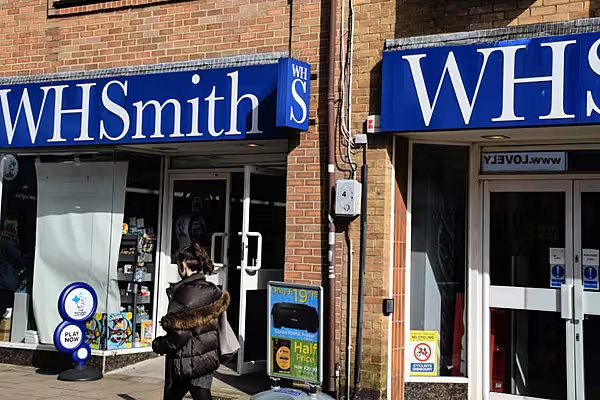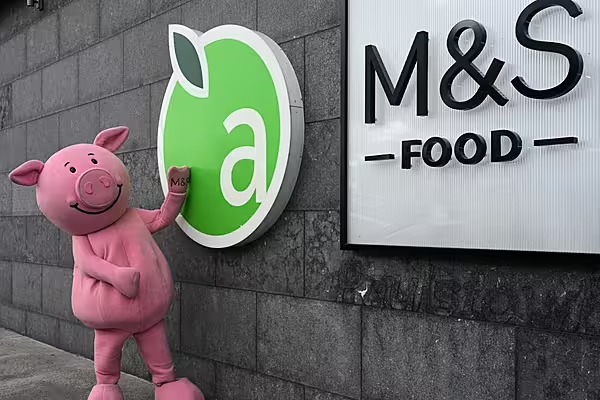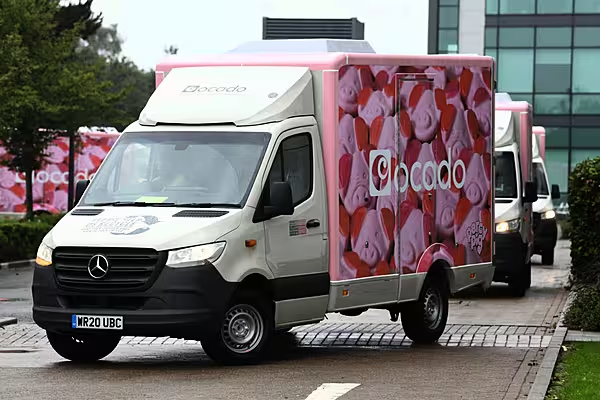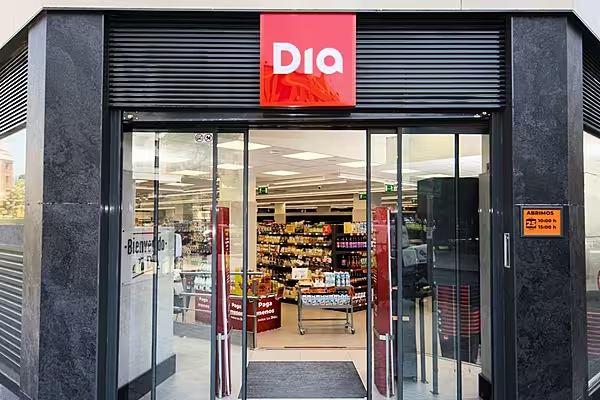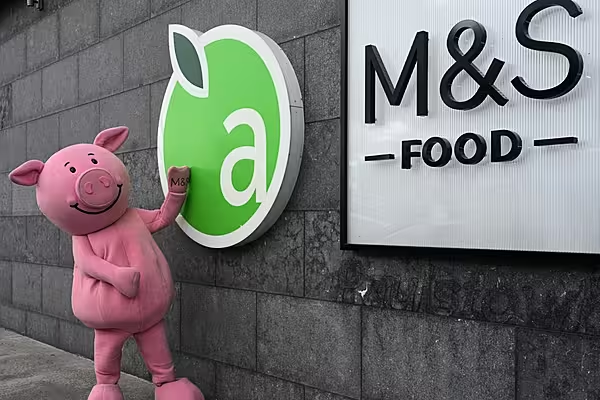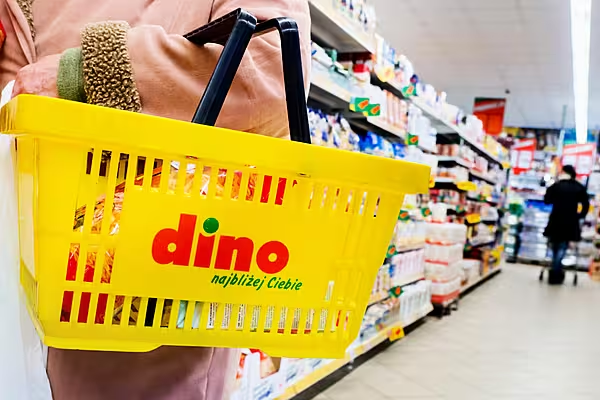Travel retailer WH Smith has confirmed that it is exploring potential strategic options, including a sale, for its high-street business.
The retailer confirmed its intention for the division after various media reports emerged about a possible exit from the high street.
WH Smith described its high-street business as a ‘profitable and cash generative part’ of the group.
It also noted that there is no certainty that any agreement will be reached, and further updates will be provided as and when appropriate.
Russ Mould, investment director at AJ Bell, stated, “The timing looks odd regarding a potential sale of WH Smith’s UK high-street operations. It has hoisted the ‘for sale’ flag precisely as the retail sector is entering a downturn, led by a cautious consumer and a rise in costs, thanks to Rachel Reeves’ Budget decisions.
“Negative sentiment towards the sector could encourage potential buyers to seek a bargain price, as they would have a good argument as to why the stores and operating business might not be as valuable as WH Smith thinks.”
WH Smith
Currently, the retailer operates around 500 high-street sites in the UK, generating employment for 5,000 staff members, according to media reports.
At a global level, WH Smith has more than 1,700 outlets, selling stationery, books, and greeting cards.
The retailer has been focusing on the global travel sector over the past ten years, and its travel business has over 1,200 stores across 32 countries.
This segment generates three quarters of the group’s revenue, and 85% of its trading profit comes from the travel business.
Mould added, “Timing aside, exiting makes strategic sense, and there have been plenty of clues it would happen one day soon. The travel arm is where most of the profits are made.
“It makes sense to sharpen the focus on what a company does best by offloading less important interests, such as the high-street operations.”
In September of last year, WH Smith reported a higher annual revenue, as robust travel demand propelled sales of its products, ranging from sandwiches to books, sending the British retailer’s shares up by 11%.
